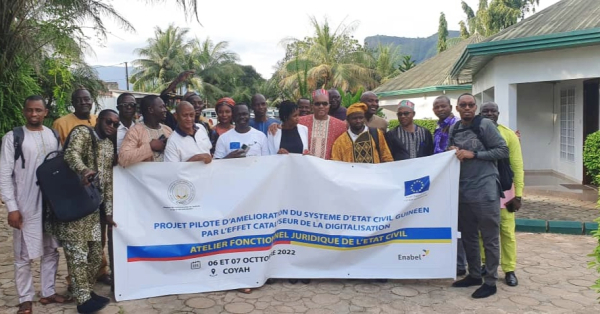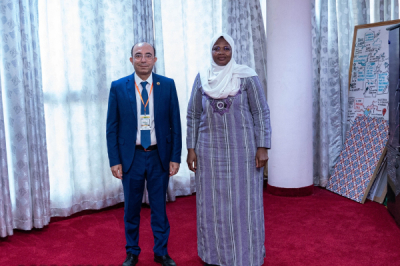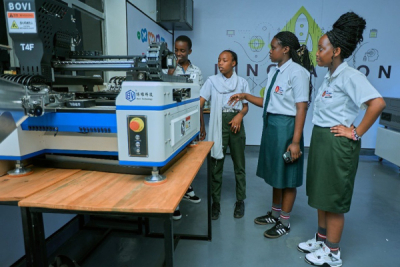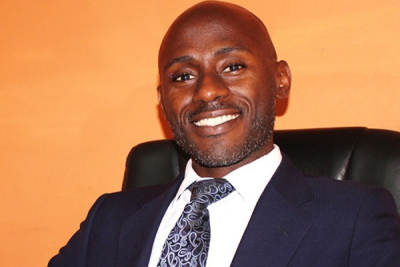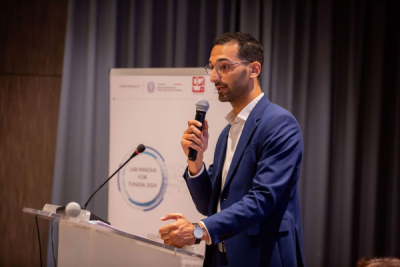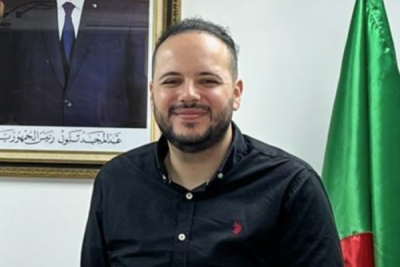Guinea, like most African countries, is digitizing its public administration. With its digital civil registration system, the country intends to acquire reliable data that would facilitate sustainable planning and development.
On Wednesday, October 5, Guinea launched the pilot phase of its digital civil registration system in ten municipalities.
During a workshop, in Coyah, between October 6 and 7, communal authorities and representatives of the legal, health, and religious communities discussed the process.
"Currently, we are finalizing the first module of the platform. This module consists of the digitization of the existing records (birth, marriage, and death records), the creation of a civil registration index based on the existing records, and the development of a plan for the automatic registration and digitization of future vital civil events. We are gathered here to review the module before the official handover, in the coming days," said Djenabou Touré, coordinator of the project aimed at reforming and modernizing civil registration.
Guinea faces civil registration document conservation problems. Several documents were lost due to fire and vandalism. The country took several actions to address the problems. The actions include the development of a 2018-2022 National Strategy for the Reform and Modernization of the Civil Registry with support from the European Union (EU). Despite the actions, much remains to be done.
During the pilot phase, the country will create an application that will help digitize and secure various acts with QR codes and barcodes, among other tools. The documents will be indexed (using a month-to-month index) in a central repository. "There are also plans to migrate all the remedial birth certificates issued by courts but not yet transcribed by municipalities.[We] will also do the same in health centers,” indicated Michel Luypaert, team leader for DXC, the company developing the digital civil registration platform.
The digital civil registration project began in April 2021. It is funded by the European Union under the Emergency Trust Fund and implemented by the Belgian Development Agency (ENABEL). The project -scheduled for completion in March 2024- will be implemented in Conakry, Kindia, Mamou, and the Guinean consulates in Paris and Brussels during its pilot phase.
Samira Njoya


